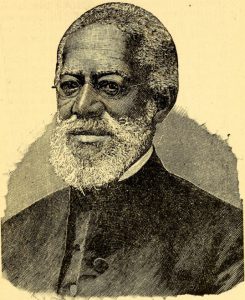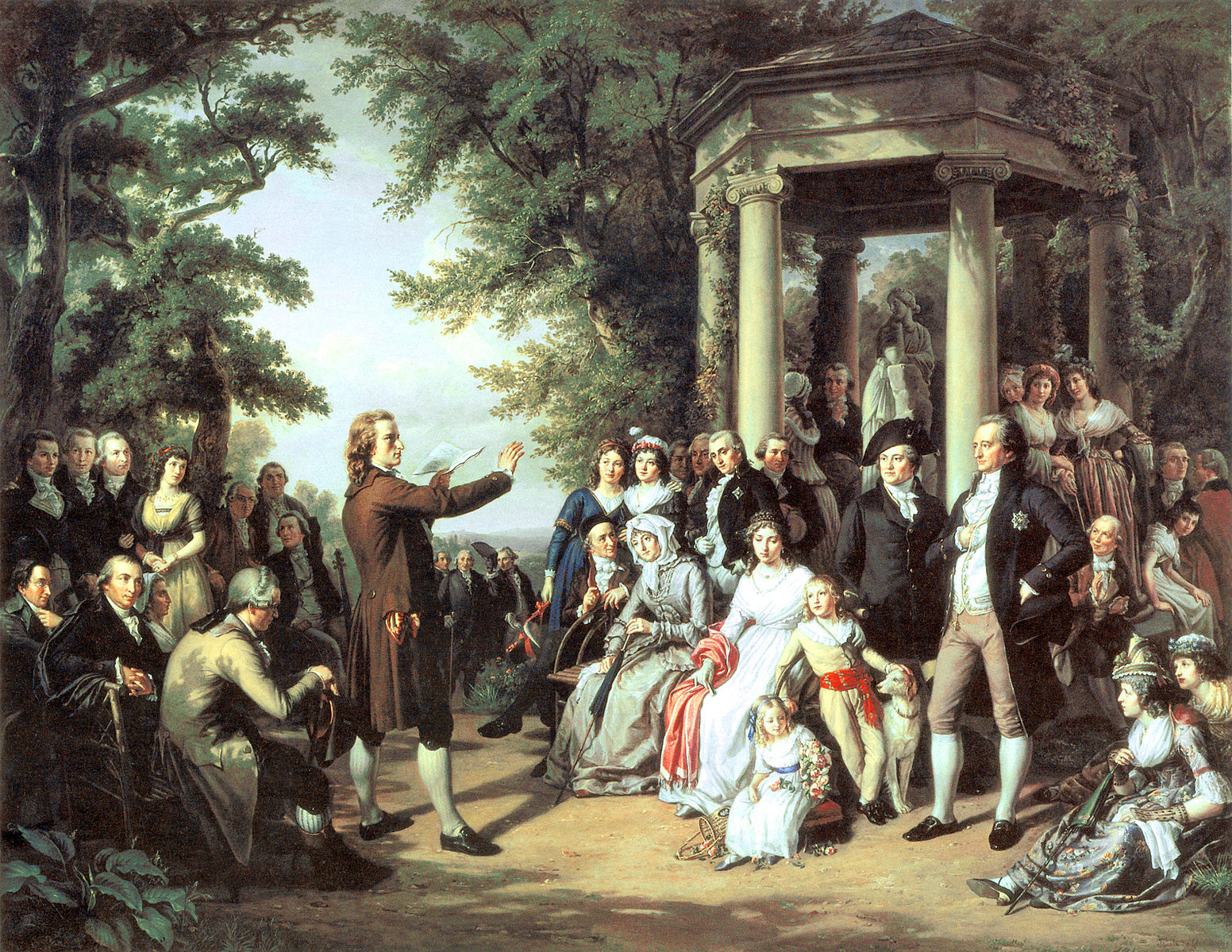History
The Enlightenment’s Cynical Critics
It is nearly impossible to find a human society that did not, at least at times, practice slavery and engage in barbarous acts of conquest and colonisation.

Tribalism and slavery are as old as humanity. The very first human records are records of human bondage. Reports estimate that today 60 million people are held as slaves. While each one of these lives represents an unacceptable tragedy, not one occurs with the approval of law. And that is revolutionary. For while slavery is as old as humanity, abolitionism is a relatively recent phenomenon that did not emerge until the ideas and ideals of the Enlightenment nurtured it into existence.
In a June 5 article for Slate, Jamelle Bouie writes of the Enlightenment: “At its heart, the movement contained a paradox: Ideas of human freedom and individual rights took root in nations that held other human beings in bondage and were then in the process of exterminating native populations.” In the context of an article largely aimed at undermining a “handful of centrist and conservative writers” who have taken up the Enlightenment’s defence, this appears to be a damning indictment of hypocrisy. That is, of course, unless one considers that, until the Enlightenment, it is nearly impossible to find a human society that did not, at least at times, practice slavery and engage in barbarous acts of conquest and colonization. It is even more difficult to find a society not engaged in these practices that reached a level of wealth and stability sufficient to allow non-survival related activities like political philosophy to flourish. The emergence of the kind of prosperous, moral societies that both Bouie and I wish to see flourish only came into existence with the moral and ethical revolution brought about by the Enlightenment.
While Bouie is correct that some Enlightenment thinkers, including Locke and Kant, did indeed advance theories of scientific racism that have had harmful consequences, he is wrong to argue that it was Enlightenment thinkers who invented scientific racism. Even Matthew Sears, who is certainly not among the “centrists and conservatives” Bouie hopes to chastise, has noted that the use of pseudo-scientific justifications for ethnic, and indeed racial, animus can be traced back to Aristotle. What neither Bouie nor his respondents have bothered to notice is that it is only with the Enlightenment that a universalist abolition movement began to take shape.
The idea that some kinds of people should either not hold slaves or—more importantly—be held as slaves has ancient roots. The idea of ‘freedom for some, slavery for others’ is evident in most ancient and medieval prohibitions of slavery. These are clearly not intended as universal condemnations; they are rooted in the kind of tribalism that truly did give birth to modern racism. From the Bible to the Koran to William the Conqueror, pre-Enlightenment proclamations on the morality of slavery fell largely into four categories: prohibitions against holding some kinds of people as slaves (no Israelites, no Muslims, no Christians, etc), exhortations to treat one’s slaves kindly, a ban on the slave trade (without freedom for current slaves), or the abolition of debt slavery. No one thought to say, “No human being should own another human being as property.”
The basic moral declaration that slavery should be abolished entirely did not emerge until the seventeenth and eighteenth centuries when Enlightenment thinkers would apply their theories of universal human rights to the horrors to which they bore witness in the transatlantic slave trade and New World slavery. Then, and only then, would universal abolition become, not only a tenet of political theory, but also a major moral and political issue.

Bouie and others can perhaps be forgiven for focusing their criticisms predominantly on white and male Enlightenment thinkers. But in doing so, they overlook the diversity of the Enlightenment and the ways in which its central calls to universalism inspired women and people of color. They also ignore some of the most important and comprehensive critiques of slavery to come out of the movement. For example, from Olympe de Gouge, a French thinker and campaigner for abolition and women’s rights, who passionately sought to end slavery everywhere, including in colonized lands. Or the American minister Alexander Crummell, who was born free, but was also the son of a man enslaved until adulthood. This is, of course, without mentioning Toussaint Louverture and Jean-Baptiste Belle, leaders of the Haitian Revolution, both of whom were men dedicated to Enlightenment universalism. These individuals and others demonstrate the real power of Enlightenment thought and the ways in which it encouraged those who had experienced the worst of power’s abuses to claim their own civil and political liberty.
No movement, especially one as diverse as the Enlightenment (and the Enlightenment was diverse in every imaginable way), is without its questionable theories and theorists. But attempts to pin the blight of slavery upon the Enlightenment is at best ahistorical. At worst, it betrays an intellectual and political agenda designed to undo the Enlightenment—which seems an odd objective indeed for those whose stated aim is ‘liberation.’ Millennia of great moral teachers sought to come to terms with slavery and to mitigate its inhumanity, but no one—not Jesus, not Buddha, not Muhammad, not Socrates—considered the complete liberation of all slaves prior to the Enlightenment. It was that era’s emphasis on reason and its assured sense of universal humanism, expressed as an unflagging commitment to the Brotherhood of Man, that encouraged the hitherto unconsidered notion that the abolition of slavery was a moral imperative, and that even kind masters behaved unjustly. This powerful call is evidenced in the extent to which women, blacks, and others normally outside of early modern European intellectual life, responded to a movement, the values of which were then, and still remain, humanity’s best hope for a healthier, happier, and freer life.

In short, the Enlightenment was not the inventor of slavery, but it was the inventor of the notion that no one should be held as a slave. Enlightenment thinkers of the seventeenth and eighteenth centuries were not without their faults. They were mere human beings, after all, and therefore subject to all humanity’s myriad flaws and imperfections. This is no reason to dismiss the Enlightenment wholesale and it is intellectually lazy and historically suspicious to lay the blame for slavery and racism at its door. Similarly, to attempt to tarnish the Enlightenment and its defenders (past and present) as racist is a whitewashing of pre-Enlightenment history. Slavery is an ancient institution; a horrible primordial scar on the human spirit. It was not carved there by the men and women who dreamed of individual rights and liberty. How cynical to pretend that it was!






